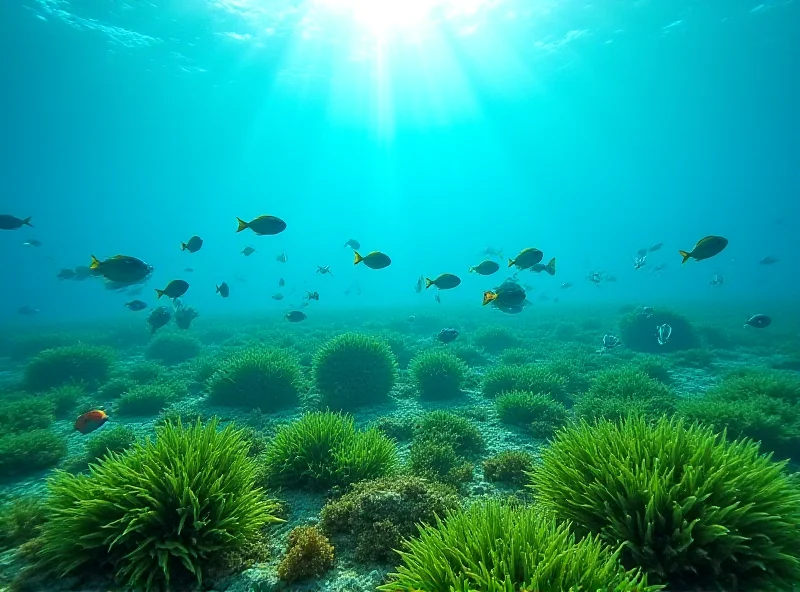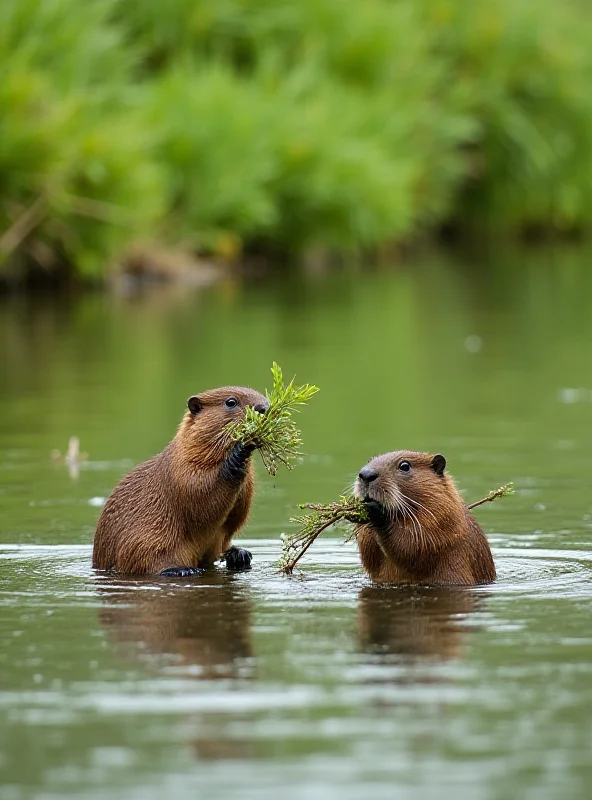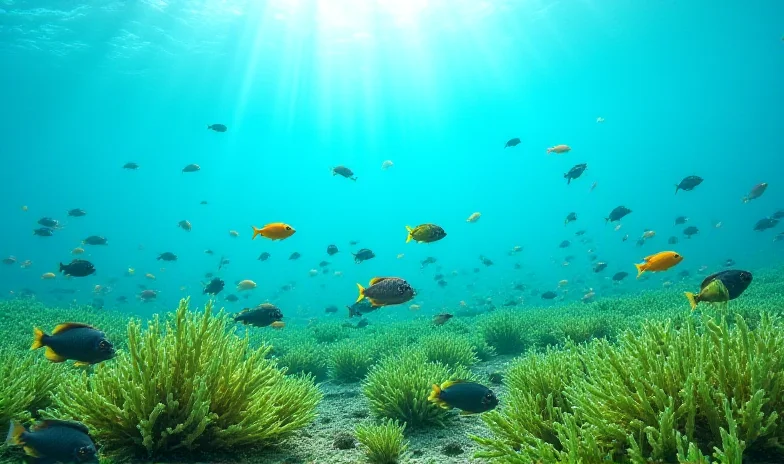A groundbreaking project has been launched in Scotland to restore vital seagrass beds that have been significantly depleted across Britain. The ambitious initiative aims to plant 14 hectares of seagrass over the next three years, marking a crucial step towards environmental conservation.

Why Seagrass Matters
Seagrass beds are a critical component of marine ecosystems, providing habitats for a wide array of species, improving water quality, and acting as significant carbon sinks. The loss of these beds has had a detrimental impact on biodiversity and coastal environments. This restoration project seeks to reverse this trend and revitalize these essential habitats.
The project focuses on planting 14 hectares of seagrass, a substantial undertaking aimed at making a tangible difference. The selection of Scotland as the primary location underscores the region's importance in marine conservation efforts within Britain.
Beavers Released in England
In related news, a separate but equally exciting conservation effort saw beavers captured from Scotland released into the wild in England for the first time. This marks a significant milestone in wildlife reintroduction programs and highlights the interconnectedness of conservation efforts across Britain.

“These projects are vital for the health of our environment and the preservation of our natural heritage,” says a spokesperson for the Scottish Wildlife Trust. "Both the seagrass restoration and the beaver reintroduction are pivotal for creating more resilient and diverse ecosystems."
A Step Towards a Greener Future
These initiatives represent a significant investment in Britain's natural environment. By restoring seagrass beds and reintroducing beavers, conservationists are working to create healthier, more resilient ecosystems for future generations. The success of these projects will serve as a model for similar efforts around the world.

The combined efforts highlight a growing commitment to environmental stewardship and offer hope for a greener, more sustainable future. Time will tell how these projects will develop, but for now, there is optimism and enthusiasm around the prospect of these ecological restoration efforts.
